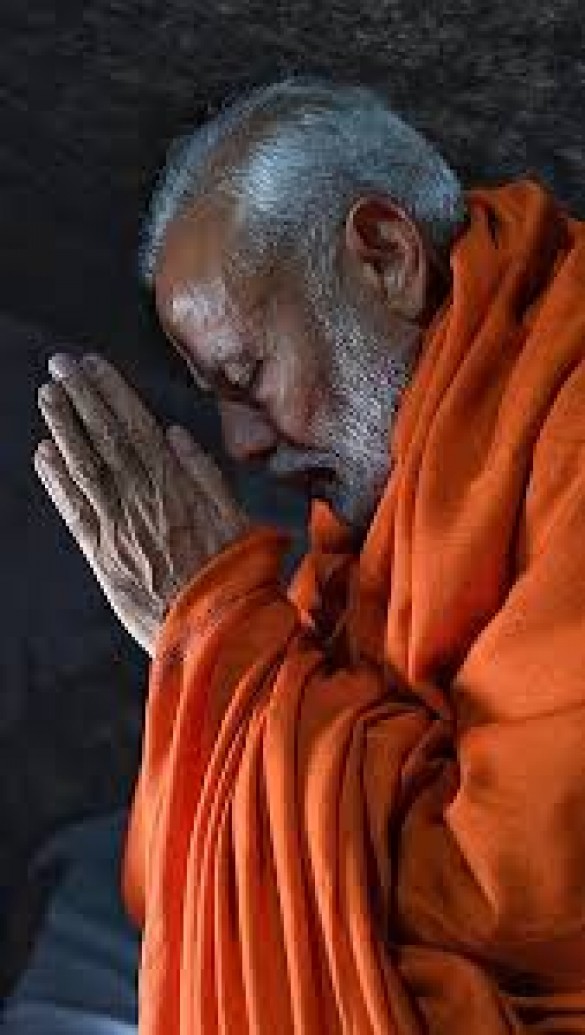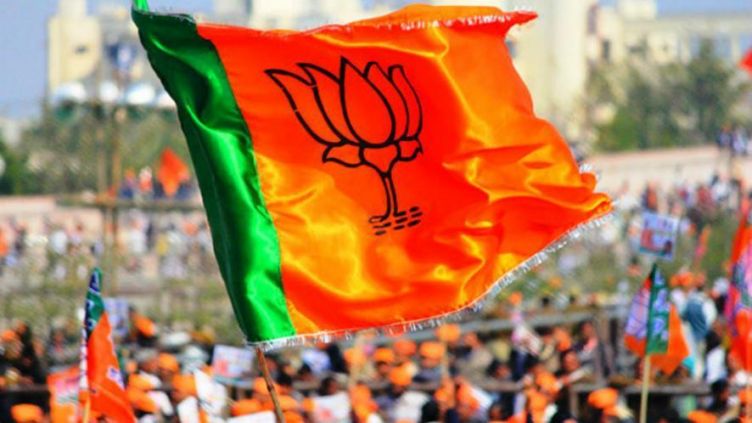

Historical Background:
The BJP traces its roots to the Bharatiya Jana Sangh (BJS), founded in 21 october 1951 by Shyama Prasad Mukherjee. it gained prominence during the 1970s as part of the broader opposition to the ruling Congress Party, particularly during the period of Indira Gandhi's Emergency. After the Janata Party coalition government collapsed, the BJS reorganized itself as the BJP in 1980. Ideology: At its core, the BJP espouses Hindutva, which can be understood as a cultural nationalist ideology that seeks to promote the interests of Hindus in India. This ideology often intersects with a broader emphasis on nationalism, economic development, and social conservatism. However, it's essential to note that interpretations of Hindutva vary, and the BJP's stance on issues like secularism and minority rights remains a topic of debate. Leadership: Throughout its history, the BJP has been led by several prominent figures. Among them, Atal Bihari Vajpayee and Lal Krishna Advani played pivotal roles in shaping the party's identity and electoral strategy. In recent years, Narendra Modi has emerged as the party's most prominent leader, serving as Prime Minister since 2014. Modi's leadership style is characterized by a mix of populism, assertive nationalism, and a focus on economic reforms._660fdeb3d89a8.jpg)
Electoral Success:The BJP's electoral success has been remarkable. It has won multiple national elections and formed governments in various Indian states. The party's electoral strategy often combines appeals to Hindu identity with promises of good governance, development, and security. In 2014, under Modi's leadership, the BJP secured an absolute majority in the Lok Sabha, India's lower house of parliament, a feat repeated in 2019. Policy Agenda: The BJP's policy agenda encompasses a wide range of issues, including economic development, national security, social welfare, and cultural issues. Under Modi, initiatives like "Make in India," the Goods and Services Tax (GST), and demonetization have sought to boost economic growth and formalize the economy. The party has also pursued a more assertive foreign policy, particularly towards Pakistan and China.